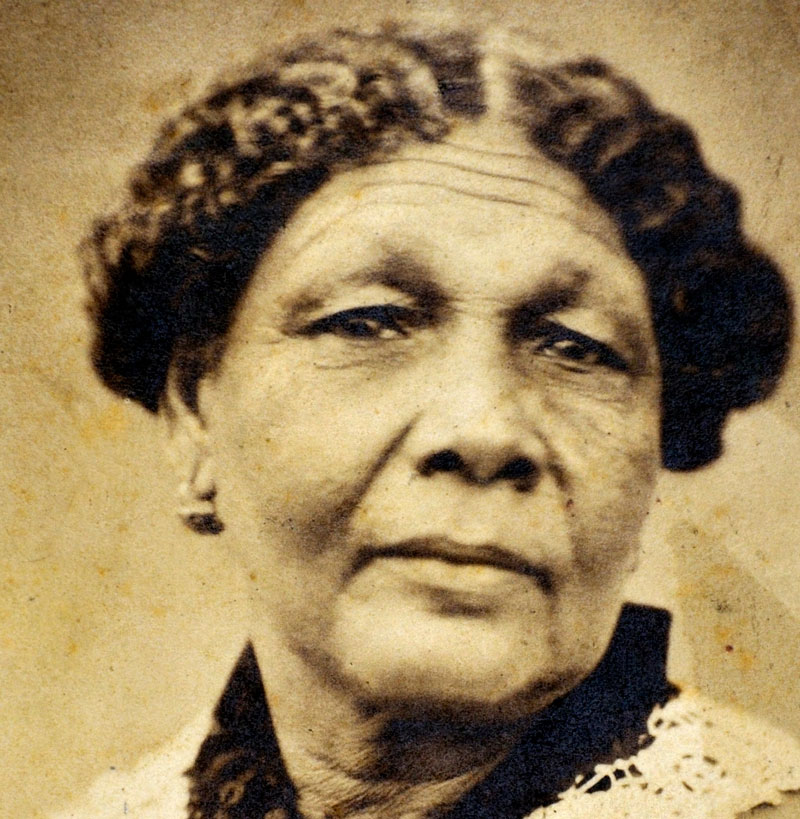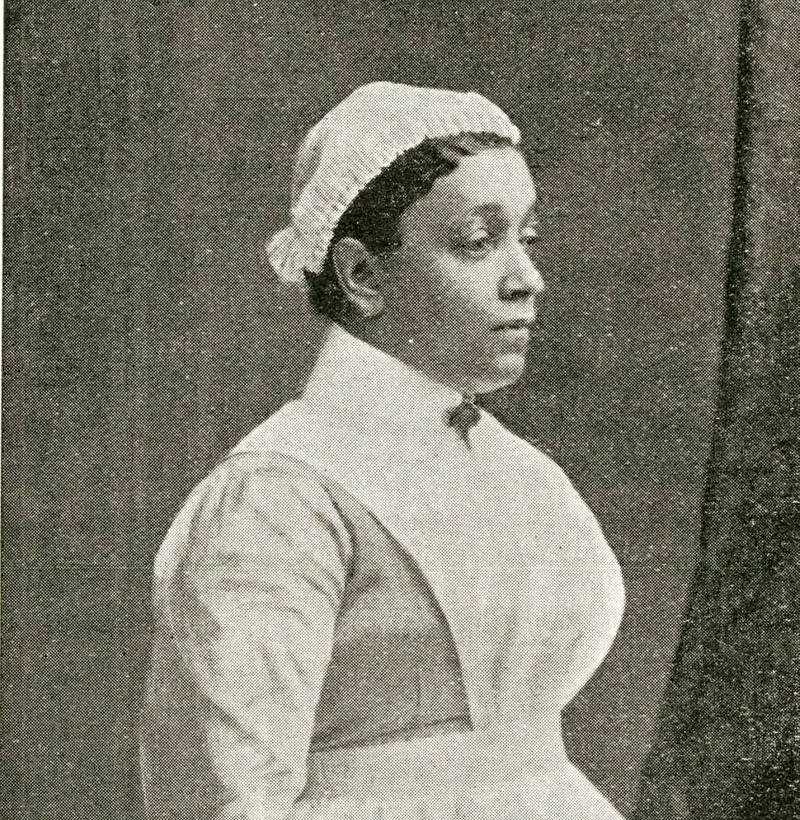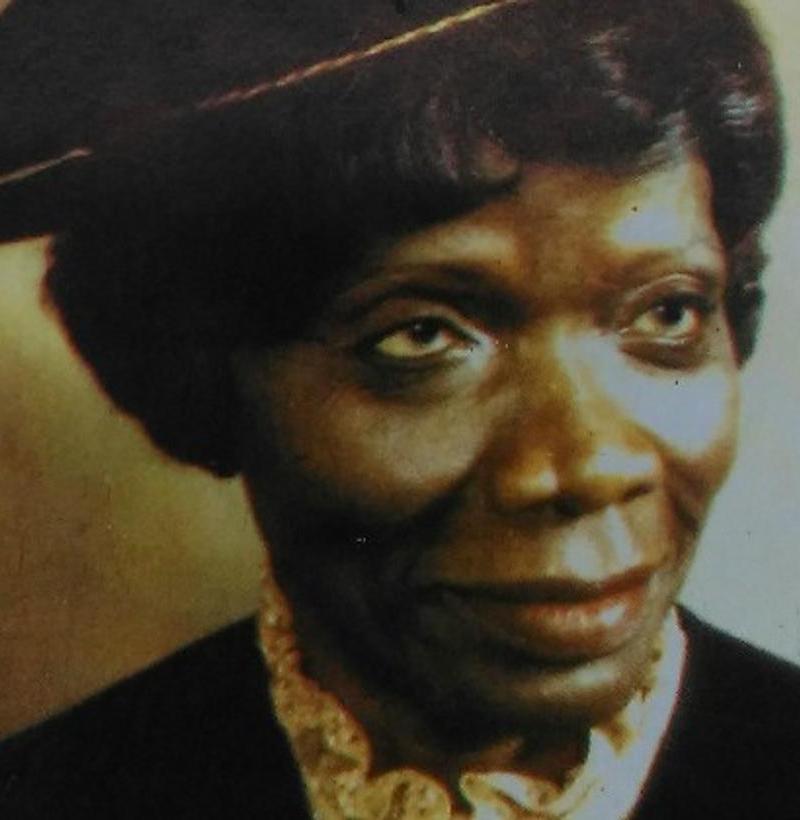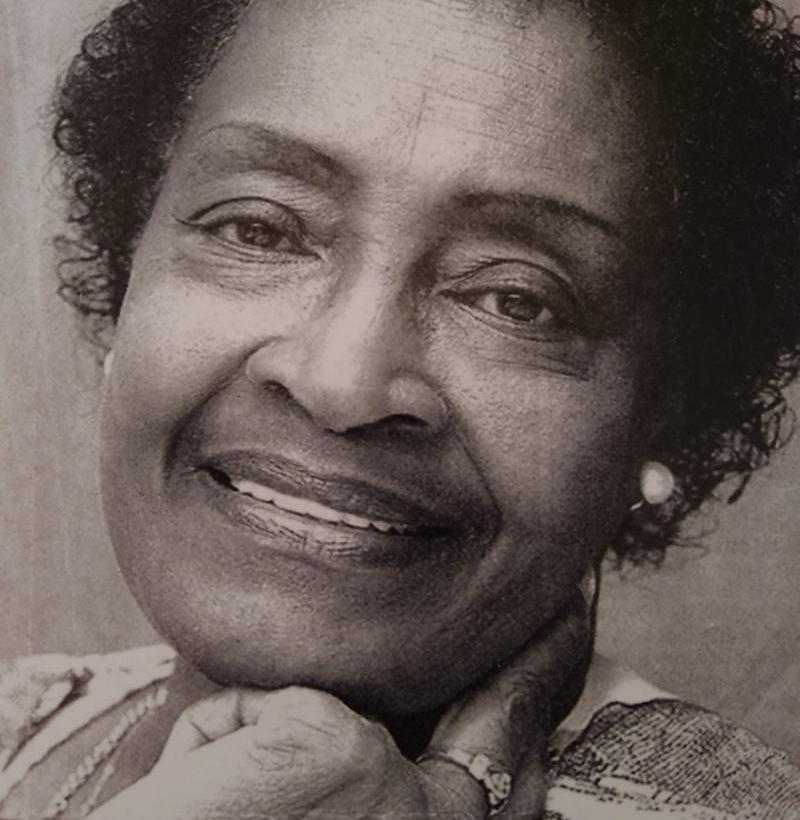Mary Seacole was born in Jamaica to a Jamaican mother and Scottish father on 23 November 1805. Her father was a white army officer, and her mother ran a boarding house and was a healer, something which Mary carried with her into the rest of her life.
By the age of 12 Mary was helping to run her mother’s boarding house, and at 17 in 1823 she moved to London on her own. Her time living in England allowed her to learn about European medicine, knowledge she paired with traditional Caribbean techniques.
She returned to Kingston, Jamaica, in 1926, where she married and then nursed her husband Edwin Horatio Hamilton Seacole until his death in 1844.
During the first two years of the 1850s Mary nursed patients with Cholera, first in Kingston, then in Panama, where she’d travelled without prior knowledge of the outbreak. In 1853 she returned to Kingston to care for patients during a yellow fever epidemic. Here, she was invited by the authorities to supervise nursing at the British Army Headquarters, and also turned her mother’s former boarding house into a hospital.
But it was her work during the Crimean War for which Mary is best remembered.
Following the outbreak of war in 1853, Mary travelled back to London were she asked the British War Office to send her to Crimea as a nurse, but they refused her. Instead of abandoning the idea, Mary travelled to Crimea anyway and funded the trip herself, establishing the British Hotel, a facility for wounded and recovering soldiers. The hotel was close to the battlefield, and she would brave the fighting to nurse wounded soldiers where they’d fallen.
Mary was well loved, and very well known in her lifetime, particularly by the soldiers who’d benefitted from her skills and knowledge, but following her death in 1881 she was largely forgotten by history. It wasn’t until the 21st century that her story was revived to be recognised and shared.
In 2004 Mary was voted the Greatest Black Briton, and in 2016, following work by Lord Clive Soley, a statue of her was erected in the grounds of St Thomas’ Hospital.
Source: Mary Seacole Trust





